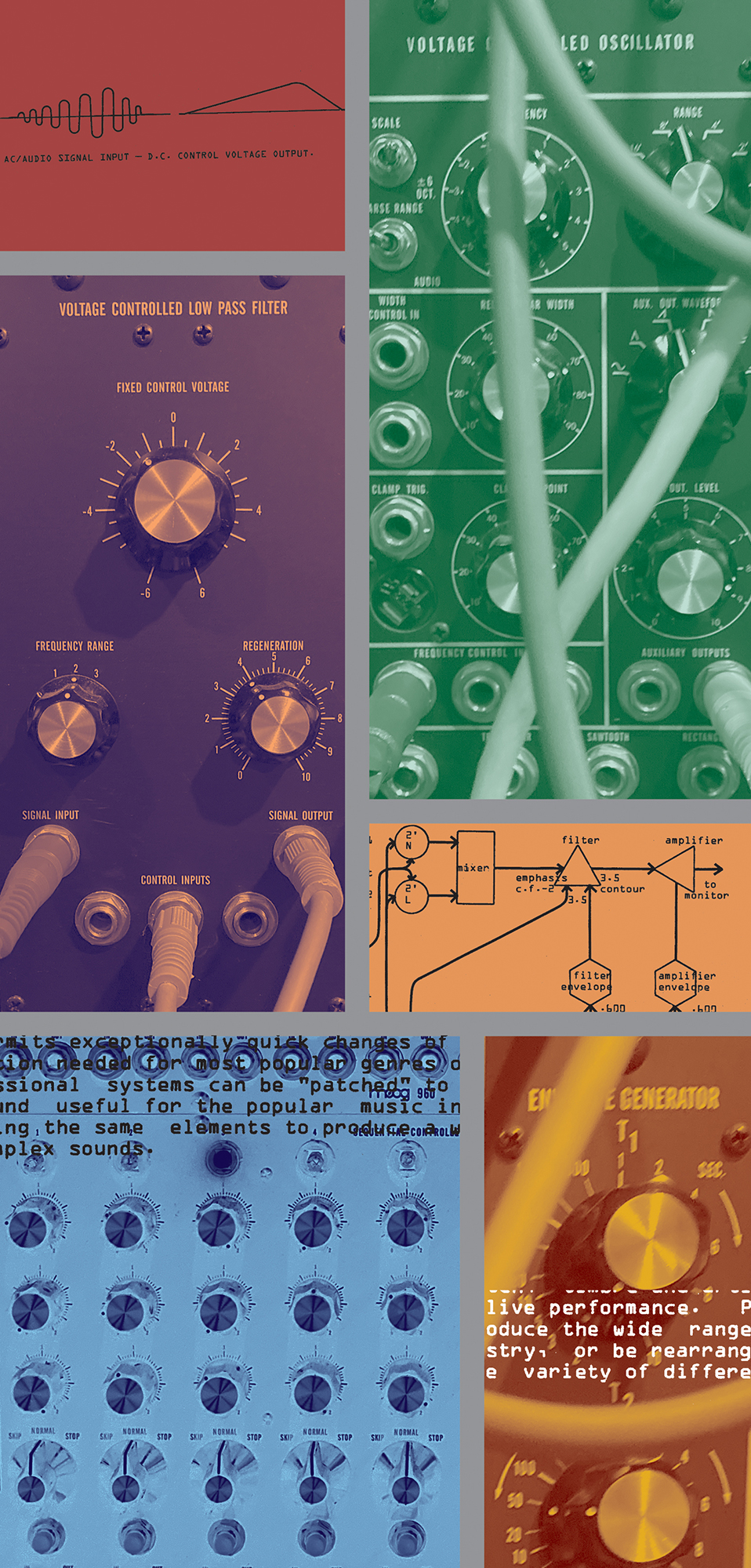I do a fair amount of one-on-one remote "teaching," many times working with folks running small studios, as well as a wide range of home setups. It's always fun to face this educational challenge, as many times the skills I have built up over the decades as an engineer, producer, and mixer are ones I simply apply without questioning "why" in most cases. But when I stop and explain to someone why they should be doing something a certain way, I realize I need to be able to explain my working methodologies. Even though they are second nature to me at this point, it’s still important to be able to pull back and question what I’m doing.
One of the mixing "tricks" I've been utilizing involves some fairly drastic EQ work and other processing of kick drum track(s).* A few months ago, I was working with an excellent client, mostly helping him gain the confidence and skills to mix his own music. One day, via Zoom, after we'd collaborated on mixing a number of songs, he said to me, "We didn't ever find one EQ plug-in setting that always worked on all the kick drum tracks." I had never thought of this being an option; that there could be some magical combination of settings that always delivered amazing results every time. I told my client, "Of course not!" and we discussed all the reasons that these settings would be a constantly moving target when moving from song to song. Even if we're changing an EQ emphasis on the exact same kick drum that's been recorded in the same way across multiple songs, we have to decide if the sound we are getting fits the tempo, the song's key, the varying intensity of the player, what the bass instrument sounds like, the mood of the music, the amount of room or overhead mics in the mix, the bleed into the snare mic(s), and many other determining factors.
But the number one reason – the most important and (likely) obvious one – is that we always have to be listening and reacting when recording and mixing music. I find there are very few times that I don't have to question everything involved in the tracking or mixing of a song. I'll critique every track being recorded. I'll check every phase relationship. I'll think hard about tempos, and whether the main melodies or vocals flow across the top of the music properly. Every piece of gear used is questioned, and if there's a better EQ point or compression setting to be had, I'll look for it. When we are doing our work well, this is what we do.
As noted in the intro for this issue, we live in the "I want it now" culture these days. But when we're dealing with making art, there is no right or wrong. Everything is a choice that will change the outcome, and figuring out what works best goes beyond picking a preset out of a dropdown menu. One size never fits all. 


